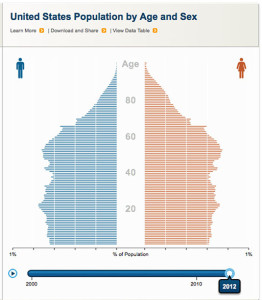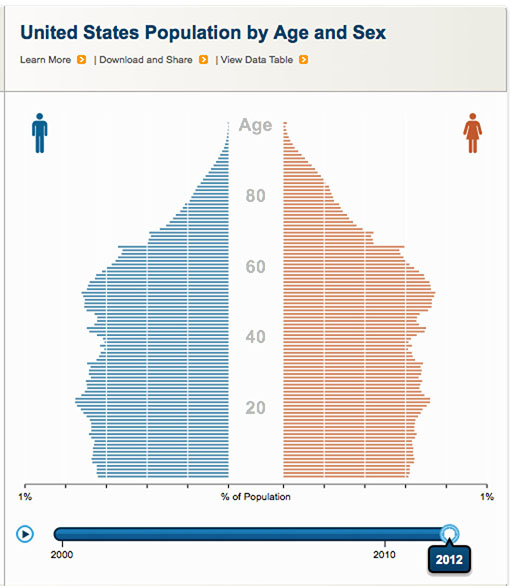
By Anne Hall
Design Editor
As buildings rise to higher heights and neighborhoods are designed to accommodate max capacity, the population is supposedly catching up with itself.
Multiple sources trace the national birth rate as it drops and and postulate possible causes. CSUSM students fit somewhere into these numbers, yet express their individual take.
According to Times.com, the American Census shows that our 1 percent population growth is the lowest birth rate since the Great Depression.
Based on the National Vital Statistics Reports from the U.S. Department of Health and Human Services, the nation’s conception rate had depleted by 3 percent between 2007 and 2010 and slightly increased in 2011 and remained constant through 2012. The 1 percent growth noted in 2013 still does not surmount the rate for reproduction.
The American Community Survey Reports show that 34 percent of women bearing children since 2011 were unmarried in the State of California.
“Women and men who have children outside of marriage are younger on average, have less education and have lower income than married parents,” according to the Census.
The U.S. News reported on May 6 of last year that poverty is linked to “out-of-wedlock births” because of these statistics.
“As in the case for mortality, some assumptions about the fertility trajectories are consistent across countries and regions. An expected increase in contraceptive prevalence is implicit in the assumptions about future fertility declines for many countries. For some countries, future fertility levels are projected to experience only minor changes, either slight decrease or slight increases.
The results of logistic projections are evaluated in light of recent socioeconomic trends, social policies, public health and program coverage, and the proximate determinants of fertility. Trends in women’s educational attainment and labor force participation, for example, are examined. Family planning program efforts are also reviewed as are age at marriage and the proportion of women using contraception,” according to the Census Bureau’s International Data Base.
In light of these projected measures, 30 students at CSUSM were surveyed on their desire to have children. Questions asked if they are parents, their marital status before or after having children, how many children they would like to have and whether the recession plays a part in making choices to start a family.
20 students stated that they had interest in having children, and of those 20, four individuals stated that they would be willing to adopt. They equally state that society is overpopulated and there are many children that need families.
“The earth is reaching max capacity. It is no longer necessary to reproduce for survival of the species. Adopt,” communications major, Benito Olamendi, said.
“I would like to have my own children, but there are thousands of children who need homes. I’ve always been open to adopting. I think it is beneficial for children to have both male and female role models,” communications major, Kelsey Schwarz, said. “With that said, I will have children someday, hopefully while married, but if not, I’ll still be the best mom ever. I want to have two or more children as I’m interested in being a foster parent.”
Of the students who participated in the survey, two were parents with one child each, who were not married when they conceived but show that the Census demographics do not apply to their parental status or the desire to have a family. The average number of desired children among people that do want to reproduce is two.
“I want to be able to give my children all the advantages I didn’t have and hopefully they can make a bigger difference in the world for the better. I would like to have a child with or without the married label as long as my significant other is willing to help,” psychology major, David Acosta, said.
“Who doesn’t want a carbon copy mini me? Plus these genes MUST carry on… Nuva Ring until there is a ring on her finger,” communications major, Kyle Gloges, said.
16 out of 30 surveyors state that the recession and socioeconomic climate of society has nothing to do with their decisions to have children. Half of the individuals interviewed state that the socioeconomic condition does not affect their choice to get married. All 30 participants, however, are college students that will most likely make more money after getting their degree than if they had not.
CSUSM appears to be contradictory to Census projections for the social drive to reproduce. If the present birth rate continues or escalates in depletion, America will soon experience youth as the minority and the weight of society will once again rest on its elders.


